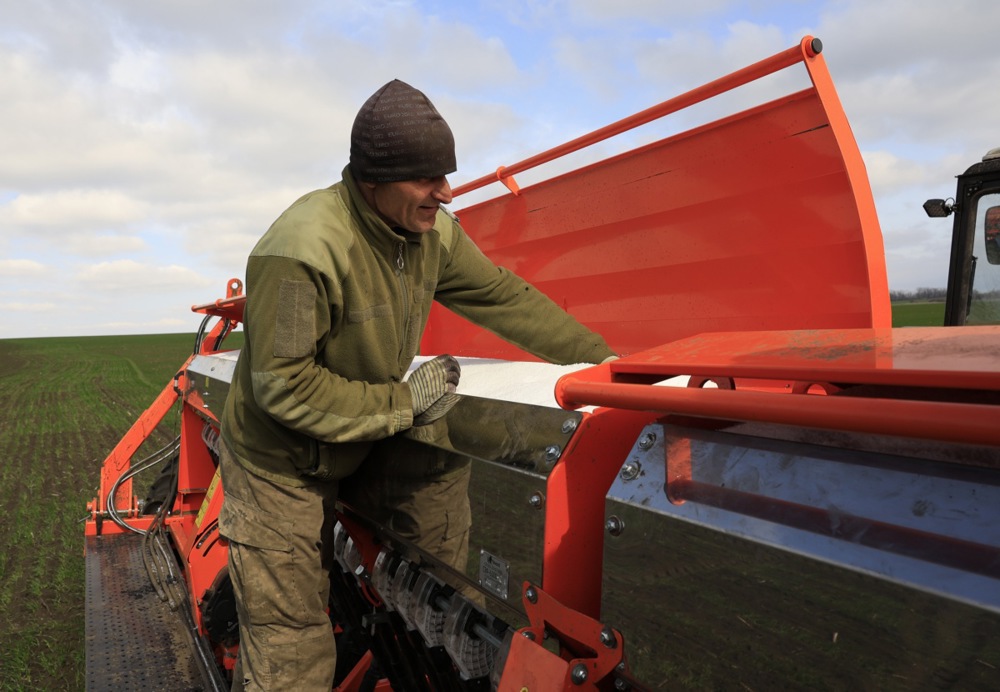Ireland’s controversial alcohol labelling, which was set to be introduced in 2026, is likely to be pushed back to 2029.
The Irish Government signalled it would make an announcement on the matter in a few days in an email sent to members of its trade forum on July 15.
Spurred on by anti-alcohol activists, the Irish administration originally planned, as the only country in the European Union, to impose mandatory health warning labels on alcohol product. That was fiercely opposed by the drinks industry and several European countries.
Despite it appearing to be a clear violation of EU trade law because it would prevent the sale of alcoholic beverages legally sold across the bloc except for Ireland, the European Commission green-lighted the project. That was based on an assessment note, seen by Brussels Signal, which offered debatable arguments on health.
Asked about the upcoming Irish decision to postpone the labelling on alcohol, the EC said it had no comment to offer.
The US Government was less inclined to tolerate the introduction of the labelling, accusing it of being a barrier to US exports in a report by the Office of the United States Trade Representative.
It cited concerns that unique labelling requirements for the Irish market, in addition to the EU-wide regulations already adhered to by US industry, would be costly and may disrupt US exports within the bloc’s single market.
In March 2024, the US raised procedural concerns about the regulation in the World Trade Organisation’s (WTO) Technical Barriers to Trade (TBT) Committee meeting. It questioned how Ireland’s labelling regime would be reconciled with future EU-wide requirements on health and warning labels.
Currently, 90 per cent of distilleries in Ireland have paused or cut back production following the imposition of a 10 per cent tariff on whiskey imports into the US, newspaper the Irish Independent reported recently.
The European Commission has left a bad taste in the mouths of vintners after publicly insisting it has not botched the implementation of new European Union wine-labelling rules. https://t.co/1slrlmGj7P
— Brussels Signal (@brusselssignal) January 5, 2024
Irish politicians had started to turn on the legislation, signalling delays due to the debate on tariffs with the US, where the threat of new levies on August 1 was looming.
Irish enterprise minister Peter Burke said the requirement was being examined as the government considered how to protect the competitiveness of Irish businesses.
There were concerns that the labels would lead to increased costs for Irish producers and importers and potentially add to the prices consumers paid.
Burke said regulation for alcohol labelling must be “proportionate” and noted that alcohol consumption in Ireland already was on a “downward trajectory”, implying the controversial measure might not be so urgently needed after all.
He also stated: “We have to protect our indigenous sector.”
He admitted that labelling formed an additional cost to businesses, adding that his view was that Ireland should “move with Europe” and “do it together”.
“Acting unilaterally on a sector that is vulnerable through tariffs is not a good idea.” He also noted there was an “enormous amount of regulation in this country”.
Irish agriculture minister Martin Heydon also formally requested a delay, citing concerns about jobs and investment, the Irish Independent reported.
Ireland’s Taoiseach, or PrimeMinister, Micheál Martin suggested that any advances in this area would be “in concert with the European Union”.
Under the new law, all bottles, cans and other alcohol containers would be required to display a back label that included clear health information and warnings.
The label must state that drinking alcohol caused liver disease and that there was a direct link between alcohol consumption and fatal cancers.
It must also include a pregnancy warning symbol, advising against alcohol use during pregnancy, as well as a reference to the website AskAboutAlcohol.ie for further information.
In addition to these warnings, the label must provide the alcohol content in grammes and the energy value, expressed in both kilojoules (kJ) and kilocalories (kcal).
To ensure visibility and legibility, the labels must measure at least 60 millimetres in width and 30 millimetres in height and must be enclosed within a black border.
Ignacio Sánchez Recarte, Secretary General of Comité Européen des Entreprises Vins (CEEV), which represents the wine industry in Europe, told Brussels Signal: “We take note with relief of the Irish Government’s decision to reconsider the timeline of its national alcohol labelling regulation.
“There was something wrong with this measure from the beginning; it raised serious concerns regarding its justification, proportionality, and compliance with EU law. It is therefore encouraging to see its application delayed.
“This pause presents an opportunity to reassess how best to balance proportionality, consumer information and the protection of the EU single market. Wine companies and consumers alike deserve clear, relevant, proportional, effective and science-based rules that are harmonised at the EU level,” Sánchez Recarte said.
“We raised these concerns two years ago through a formal complaint to the European Commission. Today we urge again the European Commission to take decisive action to preserve the integrity of EU law and ensure that public health objectives are pursued in a legally sound and coordinated manner across the Union.”
Alcohol Action, an advocacy group opposing alcohol, called the delay of the roll-out of the labels “bizarre” and warned of the impact on public health.
“No decision has been made yet on labelling and this is clearly yet another instance of the alcohol industry and their friends in government putting more pressure on the Taoiseach and Health Minister to turn their backs on public health,” said the organisation’s CEO, Dr Sheila Gilheany.
Could graphic warnings on alcohol packaging, similar to those on tobacco products, be introduced across Europe? https://t.co/xQ4yfRfwCK
— Brussels Signal (@brusselssignal) June 29, 2023





